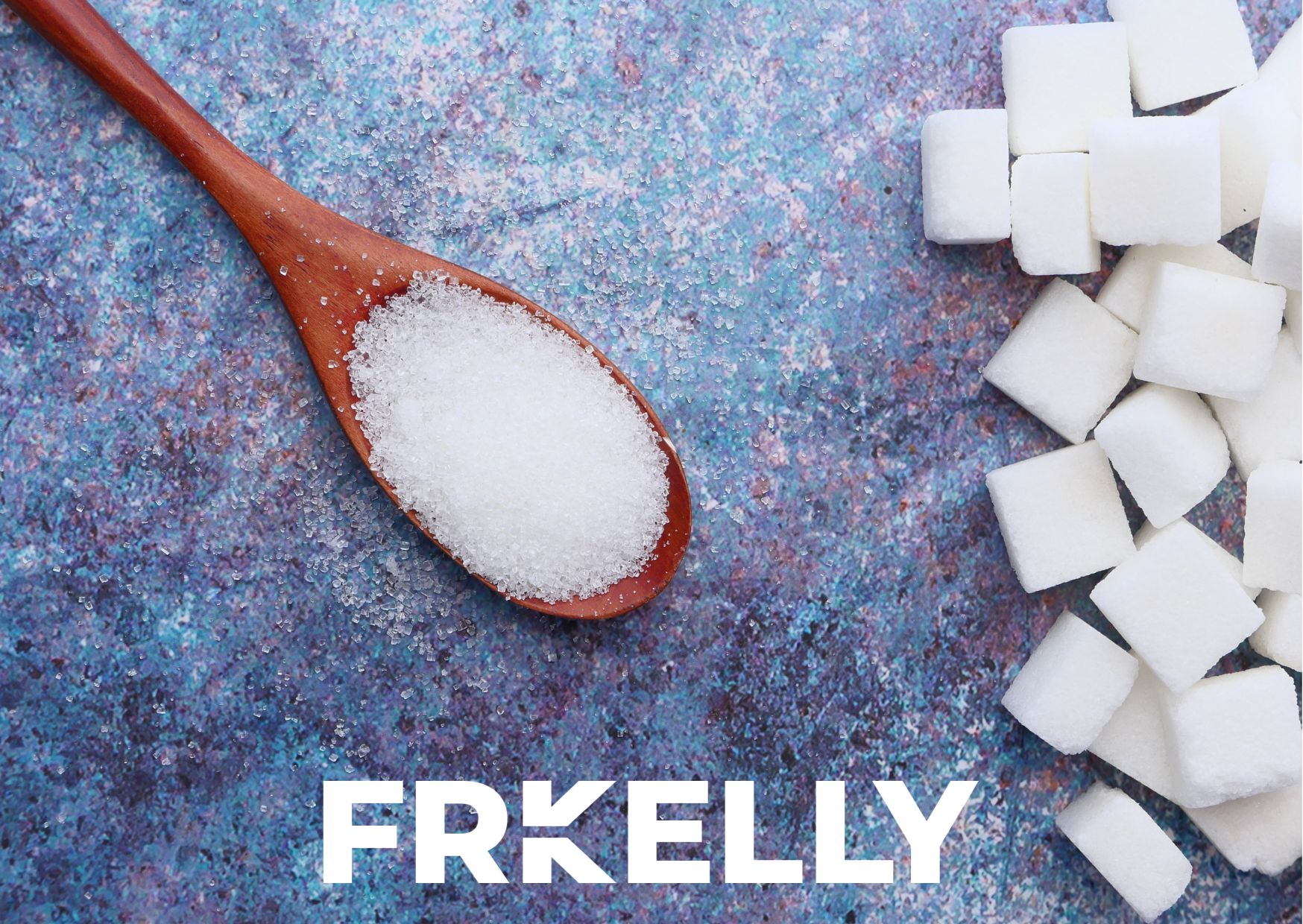EUTM Invoice Scams: German Courts deliver judgement against fraudsters
24th October 2024

Can the Irish word for ‘sugar’ be an EU Trade Mark?
The European Union Intellectual Property Office (EUIPO) says ‘yes,’ in a decision handed down on the 27th of September 2022, (Huber v Nordzucker (Ireland) Ltd (Case C-50/135)).
The Cancellation Division of the EUIPO rejected an application for the cancellation of European Union Trade Mark 407999 ‘SIUCRA’ and decided that the mark had acquired distinctive character through use.
Background
The applicant sought a declaration of invalidity against the Trade Mark held by Nordzucker, a leading distributor of sugar in Ireland, represented by FRKelly. The brand was originally known as Irish Sugar when it was established in 1926 and it was later given the name Siúcra. It was privatized by the Sugar Act of 1991 and the company became Greencore before being acquired by Nordzucker in 2009.
‘SIUCRA’ is a trade mark directly derived from ‘siúcra,’ the word meaning ‘sugar’ in the Irish language which is both an official language of Ireland and of the European Union. The goods in question are covered by Class 30, which encompasses sugar and sugar products, confectionery and sweets, natural sweeteners and sweetmeats. The Trade Mark was filed on the 14th of November 1996 and registered by the EUIPO on the 28th of May 1998.
Legal Issues
The applicant relied on Article 59(1)(a) in conjunction with Article 7(1)(b)(c)(d) and (g) of the European Union Trade Mark Regulation 2017/1001 (EUTMR). Both provisions relate to absolute grounds for invalidity.
Article 7 provides that marks will not be registered if they are “devoid of any distinctive character,” if they “consist exclusively of signs or indications which may serve, in trade, to designate the kind, quality, quantity, intended purpose, value, geographical origin or the time of production of the goods” or signs “which have become customary in the current language”. Article 59 provides that a trade mark may be declared invalid if it is registered contrary to Article 7.
A descriptive or non-distinctive mark can however acquire distinctive character under Article 59(2) of the EUTMR if it can be proven that the mark has been used in a manner which distinguishes it so that consumers recognise it as being exclusively or predominantly associated with the origin of the goods or services rather than as a descriptor.
The applicant argued that as ‘SIUCRA’ equates to the Irish word meaning ‘sugar’, this rendered the mark merely descriptive and devoid of distinctiveness according to the provisions of Article 7. The proprietor of the mark submitted extensive research which proved that use of the ‘SIUCRA’ mark was so consistently long-standing and widespread in Ireland that the mark had in fact acquired a distinctive character and possessed a high level of public recognition.
The evidence submitted comprised of TV advertisements dating back to the 1970s as well as many old newspaper articles praising the brand. There were also a number of independent consumer surveys filed which showed that the public had extremely high levels of spontaneous recall of the brand. Far from sugar-coating the narrative, research evidence showed that the mark was in fact one of the most highly recognised and well-known sugar brands in Ireland.
Decision
The Cancellation Division of the EUIPO rejected the application for cancellation of the Trade Mark ‘SIUCRA’. “The mark… does fall within the objection of Article 7(1)(b) and (c) EUTMR but it has acquired distinctive character through use under Article 7(3) EUTMR.”
Pretty sweet outcome for Siúcra!
